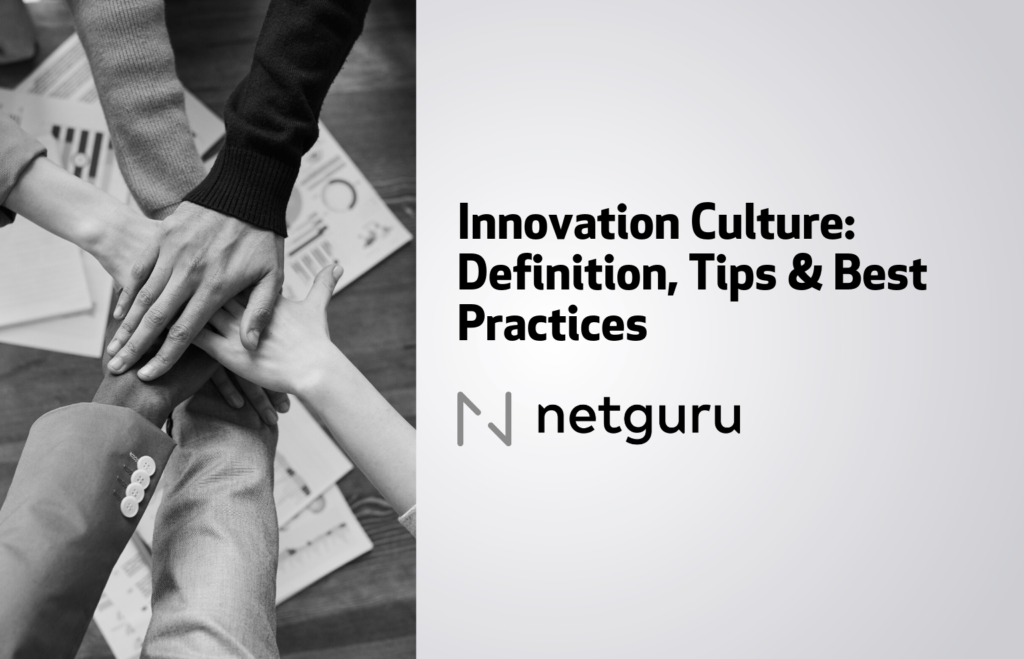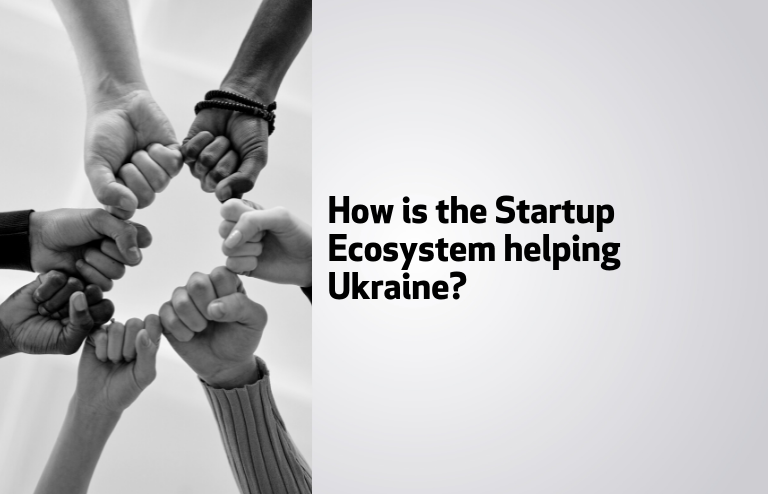The Millennials generation, which constitutes a new and growing group of recipients of insurance products, is becoming more and more present on the market. Today, insurers face a great challenge of tailoring their offers to the needs of young people who, as Małgorzata Kostecka from Nationale-Nederlanden emphasizes, think in completely different categories than their parents and are not interested in traditional insurances. What should you pay special attention to when designing solutions for the Y Generation?
More than insurance
The abundance of information present in today’s world means that the existing single-line solutions do not fully meet the expectations, especially of young people looking for comprehensive services. It is necessary to build platform services or the whole ecosystem, which will enable customers to engage in relations with the company. As a result, one of the current trends in the services sector is to go beyond the exclusive key functionalities. For example, banking services are slowly becoming an addition to ecosystem technologies and solutions that address customers’ needs more widely. It is more and more often being said that banks want to be technology institutions with a banking license. The created ecosystem enables building relations, the lack of which results in difficult contact with the client and lack of understanding of their needs.
It is therefore essential that insurance companies move away from traditional insurance thinking towards additional services that respond to the needs of young people in particular. Already today, some insurers are expanding their business with a rich prevention package, e.g. in the area of health, motor insurance or real estate insurances. Despite the fact that the Millennials’ generation is becoming more and more present on the market, including the insurance market, it is difficult to find offers and solutions tailored to their requirements. So far, insurance companies have ignored people under 35 when designing their offers because they did not consider them to be their target due to their financial instability. However, the reality is different.
Uninterested?
The generation that is the key customer of the insurance sector today includes people over 35 years old. Their status is most often evidenced by their own flat or house, car ownership and family values, which are mentioned among the most important ones. On the other hand, for the generation of Millennials, i.e. people below 35 years of age, the ownership of material goods is not so vital. As a result, the current offer of insurers and the sales channels they use are not adjusted to their expectations, which is one of the biggest challenges facing the industry today. Research on generation Y shows that young people are not interested in insurance, and they are not targeted by pension or security offers. The conviction of young people is that success should be achieved before the age of 30, and afterwards the need to take care of or worry about the future ceases to be important. The Millennials do not really think about the future the way their parents did. It is therefore no longer effective to offer traditional insurance, which is very simply about safeguarding financial wellbeing. Lack of a tailored offer imposes on all companies operating in the field of insurance the necessity of a thorough analysis of the requirements of the new group of customers and tailoring the services to the new categories it brings. While the Millennials are not entirely interested in the traditional insurance offer, research on the representatives of this generation reveals several areas or categories which are of particular importance to them, and thus may be an opportunity for insurers.
What is the new generation like?
It is important for Millennials to stay in motion all the time, they have many duties, they are much more motivated than their parents to take action. They constantly feel the need to undertake additional activities outside school, university or work. They pursue their passions and hobbies at 100% in order to reach a professional level, e.g. today teenagers run YouTube channels about their passions. The rush of information, the lack of skills to process it, the pressure to succeed, and at the same time the feeling of lack of proper direction of action leads to fatigue and affects the physical and mental health of Millennials. The drive to success, the activities on many levels, the desire to be the best in everything they do, all this makes them afraid of embarrassment and failure.
It is also worth noting that young people, much earlier than their parents, start earning a living. They are therefore very entrepreneurial, look for opportunities to earn money, but often not through office work. This means that they could pay for insurance products, but on the other hand, their stabilization in the level of income is unpredictable. In addition, as digitization progresses, a fair share of them live their lives in the virtual world, which plays a very important role. This causes a new category to emerge in the insurance sector – online image.
New categories, new needs
The need to protect the image, especially the virtual one, was rather not noticed and addressed before. After all, a very large group of young people create their identity on the Internet through social networking sites. This means that the pressure to succeed in the real world is accompanied by an ideal online image. This is one of the key aspects where the insurance sector has a lot to do. For example, if a phone is lost, the problem for young people is not loss in material terms, but the loss of all the files and data it contains. Many young people do not care about the security of their online data, so it is a need that insurance companies can address appropriately. There are already insurance policies in place for players, but these mainly protect hardware, ignoring the protection against the loss of accumulated points or virtual currency.
Another important issue is health and fitness. This trend is strongly marked on the market today by applications monitoring health condition, stress level and progress in training. Young people also often search for health information on the Internet, but in its abundance it is difficult for them to find the useful and truthful information. There is a lack of advice in this area, and the Millennials very much like all kinds of hints. That is why IoT solutions are very popular and will become even more so in the future. Interestingly, young people are more likely to seek advice in the online community and the need for such socialization is very important to them. Therefore, all community-based solutions offering individualized hints and advisory will become increasingly important. What is more, in order to make things easier, generation Y is looking for such technologies through which they can handle everything in one click. A good example of this are the payments via BLIK.
Young people are more and more interested in alternative forms of employment than in full time job, they start earning money earlier and want to invest. For insurers, this is an opportunity to help them protect themselves from failures in running their own businesses, or to offer complementary services, such as healthcare. Insurance companies could also help them invest safely or save money on their dream courses or studies. It is worth noting here that, according to the Millennials, the current education system is not adapted to today’s reality.
Building a comprehensive ecosystem
Each of the areas mentioned above should be a guide for companies wishing to develop insurtech services to a more in-depth analysis of the needs and expectations of the new market group. Although there are already technologies in place for many of them, the challenge is still to use them properly and integrate them into platform solutions that will fully meet specific needs. It is important not to think in terms of what the parents of Y generation think – as far as they are concerned, the current services are tailored to them. It is necessary to re-profile the solutions in the way the Millennials want to use them. And as many studies show, they are looking for not only key functionalities, but also additional features that will meet their needs in a comprehensive way. Creating such an ecosystem will allow building relations with customers, thanks to which the prepared offers will not sit unused on the shelves.






